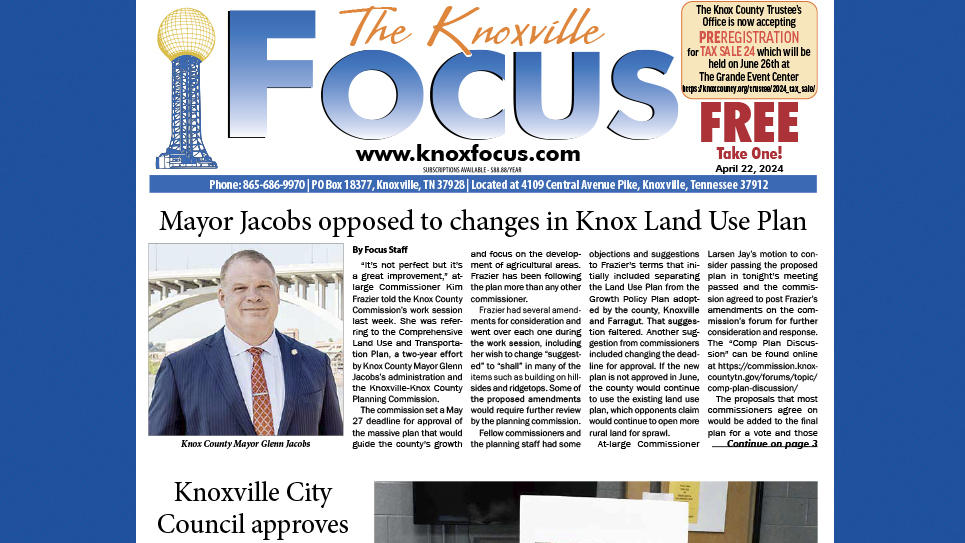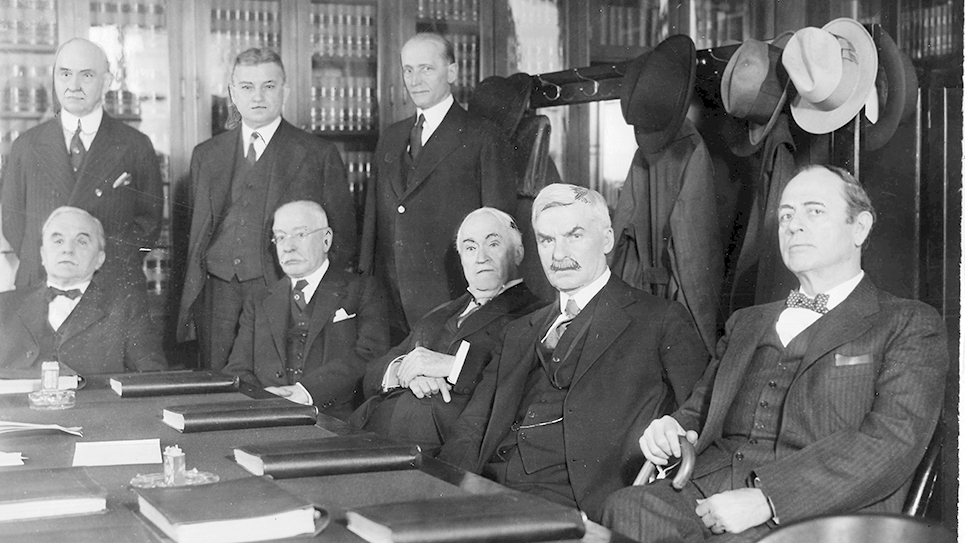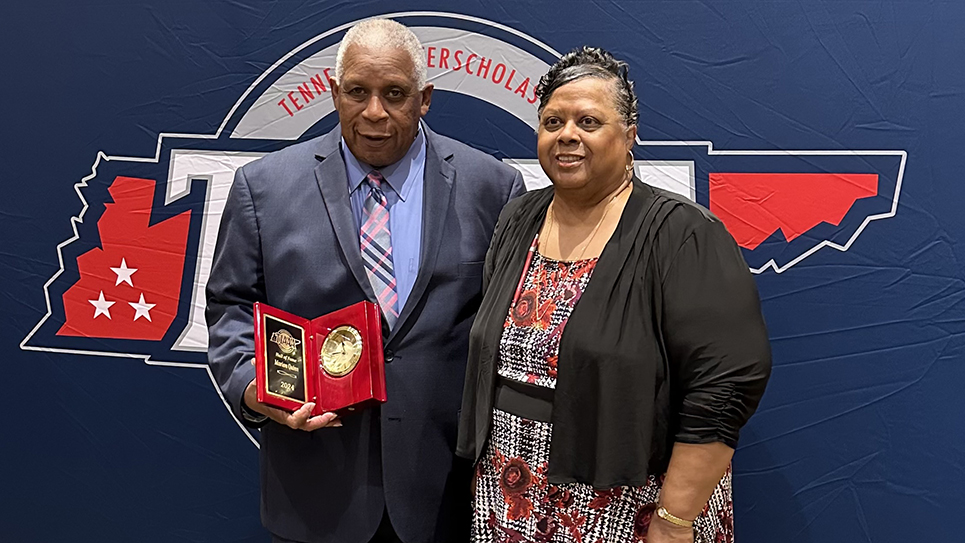By the time you read this the die will be cast. Tennesseans in record numbers had a chance to voice their opinion in perhaps the most important election in decades. It’s not over on the Republican side, but it’s just a formality for the Democrat’s choice of standard bearer. Actually, Bernie never had a chance, but served as a useful foil in that party’s illusion of democratic process.
Metaphors are figures of speech where words or phrases are used as symbols of something else. In 49 BC Julius Caesar led his powerful army out of Gaul (France) towards home and Rome. As one of the most successful generals in history, Caesar threatened the leaders of Rome and the status quo (a Latin phrase). Caesar was told that if he crossed the Rubicon, a small river in northern Italy, it would mean civil war. Caesar made his decision telling his generals, “the die is cast.” “Crossing the Rubicon” means there is no turning back – the second metaphor in this historical lesson. It is said, “History repeats itself,” and so it does even today as mighty generals compete to lead the American republic.
Some years ago I was a community columnist for the Knoxville Sentinel and wrote an essay titled “The Barely Civil War.” In that paper I described the division in our country which has now progressed to uncivil discourse, just shy of a shooting war. Rodney King’s now famous and oft misquoted question, “Can we all get along?” remains unanswered. Hope and change certainly hasn’t brought Americans closer together, and after seven years the world certainly doesn’t love us more or respect us as much.
The world is certainly changing just as is our perception of reality. Becky and I now have a “houseboy.” But before some of you take offence, our houseboy is a robot named Roomba, so named by his manufacturer, iRobot. Roomba does “samba” as he vacuums room to room. Though we are not clean freaks, I’ve been amazed by the dirt Roomba collects from our otherwise “clean” floors. It’s a bit scary, like those microscopic pictures of tiny bugs which apparently live in everyone’s rugs and bed sheets.
The father of microbiology was a Dutchman named Leeuwenhoek. In 1670 he was the first to use a rudimentary microscope to see and describe bacteria. It took years for the experts to acknowledge his discovery of an unseen world. Almost two hundred years later, Semmelweis made the association between contamination and sepsis. His discovery was ridiculed by the “experts.” However, just a decade later Louis Pasteur published his germ theory that was quickly proven. Now, we take for granted the wisdom of the “pasteurization” process which reduces the amount of bacteria more than 99.9%.
If I didn’t have a microscope I wouldn’t see the bacteria on my skin. If technology had not given us an electron microscope, I never would have seen an atom pictured in an electron micrograph. Interestingly, the ancient Greek, Democritus, in 400 BC postulated a fundamental building block of matter. The Greek word for cut is “tom,” and adding the prefix “a” describes his theory that these fundamental particles (atoms) could not be cut into smaller pieces. Of course Democritus was wrong because atoms are made of protons and neutrons and these are comprised of quarks, and who knows how far it goes?
Two years ago I wrote an essay called “Swimming” and, among other things, the essay described the discovery of the Higgs boson, another of the “fundamental” building blocks of matter. Now, scientists, using very sophisticated measuring devices, have discovered gravity waves which were predicted by Einstein in his general theory of relativity. These waves are ripples in the fabric of space analogous to ripples in a pond produced by a pebble. You might ask how is this relevant as the world burns and our politic churns? Well, you could make the argument that scientific inquiry is often not relevant at the moment of discovery. However, I believe we are at our best when we are exploring and trying to figure things out rather than assuming we know everything. And science fascinates me and distracts me, at least for a moment, from politics.
Discovery produces facts. Organization of facts builds a compendium of workable knowledge. Wisdom comes from the successful and virtuous use of knowledge. A friend once challenged me with the notion that facts are conditional. I objected when he challenged my notion of reality, but as I thought about it I concluded he was right. Isaac Newton conceived the laws of gravity, yet Einstein proved Newton wrong. Newton’s equations work most of the time, but not in all places such as near massive bodies like the sun or black holes. Therefore even scientific facts and knowledge are conditional.
Is anything for sure besides death and taxes? And Jesus debunked the former. Can we be sure of anything we see or hear in this political season of sound bites taken out of context and gotcha moments? The best option is to ask yourself why the politicos are saying such and such rather than dwelling on what they’re saying. The same might even be said for yours truly!
I read a book some years ago called “The Practice Effect.” The perspective in this science fiction novel was far more compelling than the prose. In this fictional place and time everything comes about from practice. As an example, repeatedly rubbing a piece of wood produced a chair or a house. And if there was no “practice” or work on the house (or chair) it quickly fell into disrepair and eventually dissipated into nothingness. Perhaps there is a practical lesson for us in this story beyond the science fictional exploration of entropy and the second law of thermodynamics (Google the terms if you’re interested).
On a more practical level, Caesar is again on the march whether we like it or not. He’s already crossed the Rubicon and is preparing for the assault on Rome – or is it Washington? Our representative republic, like the Roman republic, hangs in the balance. Will it be overwhelmed by Caesar or a Caesarette? Will we return to practicing honor and service to God and country or will we embrace new vapid and deceitful slogans and continue the disintegration through self-absorbed disinterest and sloth? November will be America’s Rubicon.
If you were challenged by this story, remember my book of stories, “Well…What Did the Doctor Say?” available at Amazon and Barnes&Noble. And tell your friends!






